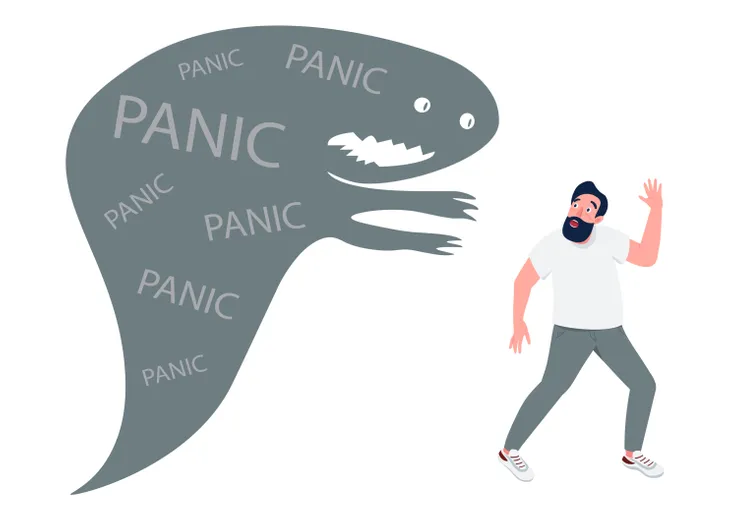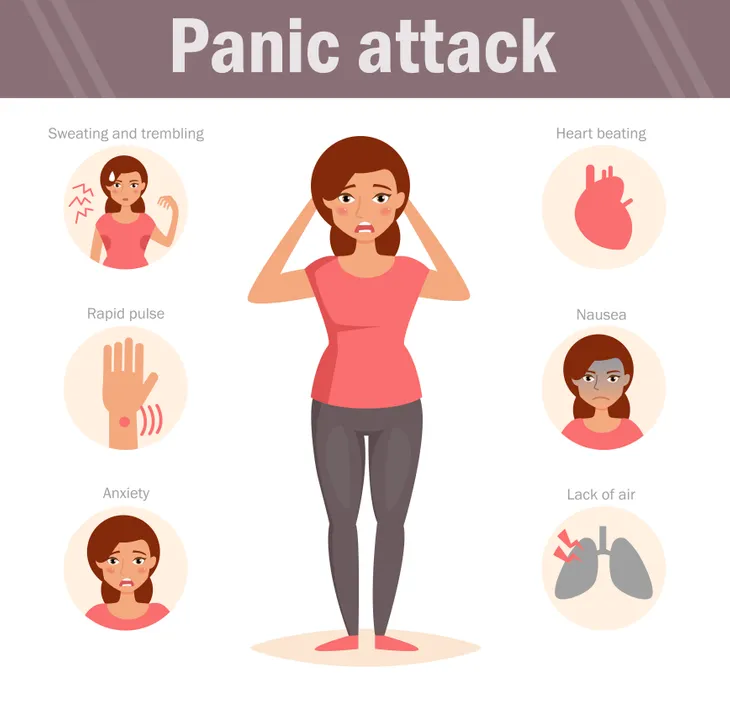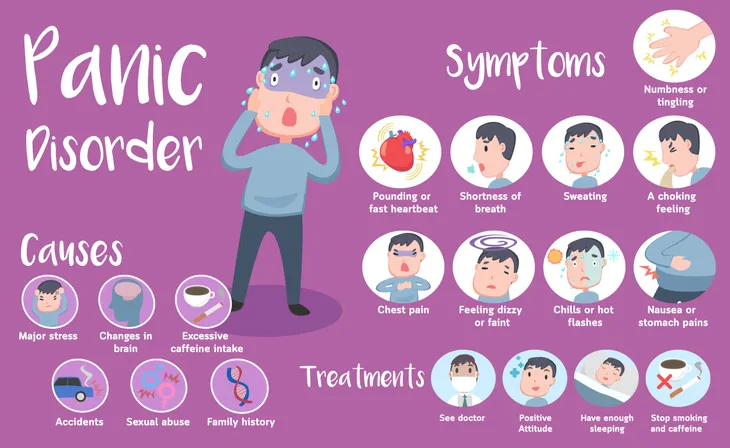We’ve all panicked—right before a big presentation, prior to meeting your significant other’s family, or if you’re like me, at the mention of karaoke. However, when panic becomes a chronic and alarming response to everyday life, you may require professional help to overcome anxiety and panic attacks.
Here are six realities of living with panic attacks and panic disorder…
What Causes a Panic Attack?
Everyone experiences panic differently so, understandably, what triggers a panic attack will differ for each and every individual. However, medical professionals at Summit Behavioral Health, a substance abuse and mental health treatment center, say that the onset of panic attacks can usually be traced back to a traumatic or life-altering event.
In many cases the death of a loved one, a divorce, a job loss, or the birth of a child can precede an initial panic attack. Childhood abuse is also a risk factor. According to the Diagnostic and Statistical Manual of Mental Disorders (DSM), a history of childhood abuse is “more common in panic disorder than in certain other anxiety disorders.”
During a Panic Attack…
If you’ve ever had a full-fledged panic attack, you’re likely well aware of the disturbing feeling that sets in out of nowhere. Now, not everyone experiences the very same panic attack, but it often starts with uncontrollable sweating, heart racing, and maybe even causes you to tremble uncontrollably.
The unmistakable aspect of any panic attack is the overwhelming feeling of pending doom. You may even begin to hyperventilate as your heartbeat quickens, your chest tightens, and your heart feels like it’s literally going to burst through your chest. You may even believe you’re in cardiac arrest.
The Physical Science Behind Panic Attack
According to psychiatrists at MedStar Union Memorial Hospital, in Baltimore, Maryland, panic attacks occur in response to erratic fear circuitry in the brain. As a result of this nerve cell glitch, stress hormones (cortisol and adrenaline) flood the body.
This hormonal response, in turn, causes your heart rate to spike. A tightening in the chest causes you to inhale more carbon dioxide, which can trigger hyperventilation. This domino effect of intensifying fear usually lasts anywhere between 10 minutes to an hour.
The Chemical Reaction
Dr. Elias Shaya, chief of psychiatry for MedStar Good Samaritan Hospital, describes panic attacks as a “cascade of chemical reactions” that directly impacts the body’s calcium cell levels.
In turn, a calcium imbalance in the body can result in symptoms that affect muscles (i.e., shaking, nausea, numbness, muscle spasms), temperature (i.e., chills, hot flashes, perspiration), heart and lungs (i.e., dizziness, tight chest, racing heart), and emotions (i.e., loss of control, doom, unreasonable fear of death).
Panic Attack vs. Panic Disorder
According to the Mayo Clinic, a panic attack will feature several of the symptoms detailed in the previous slide. Oftentimes, an individual can have a panic attack and never experience another episode in their lifetime.
However, psychiatrists at New York’s SUNY Downstate Medical Center, say that attacks that continue for longer than a month may indicate panic disorder or a number of related disorders (i.e., Post Traumatic Stress Disorder (PTSD), Social Anxiety Disorder, and Agoraphobia).
Treatment for Panic Disorder
A study published in the journal Depression and Anxiety, notes the importance of treating chronic panic attacks and panic disorder. For instance, data from the study indicates that 30-percent of patients with panic disorder attempt suicide.
Common treatments for panic disorder include doctor monitored cognitive behavioral therapy, exposure therapy, antianxiety and antidepressant drugs, as well as lifestyle changes (i.e., exercise, diet, and stress management).









